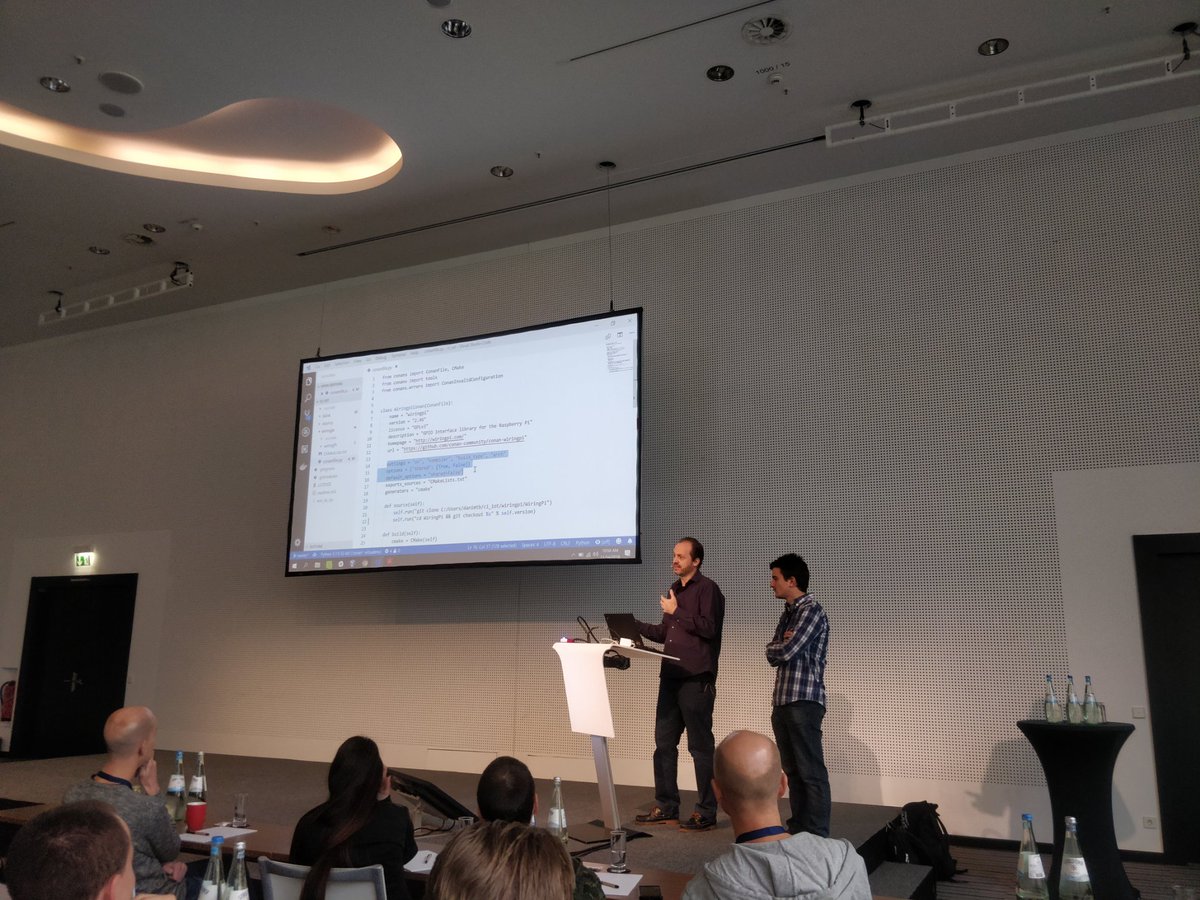Wrapping up Meeting C++ 2018
Pictures and more about Meeting C++ 2018!
Meeting C++ 2018 wrap up
by Jens Weller
From the article:
Two weeks ago, Meeting C++ 2018 started. The first attendees got their badges and it was again this time of year for my staff, the volunteers and myself: conference time...

 Were you there?
Were you there?